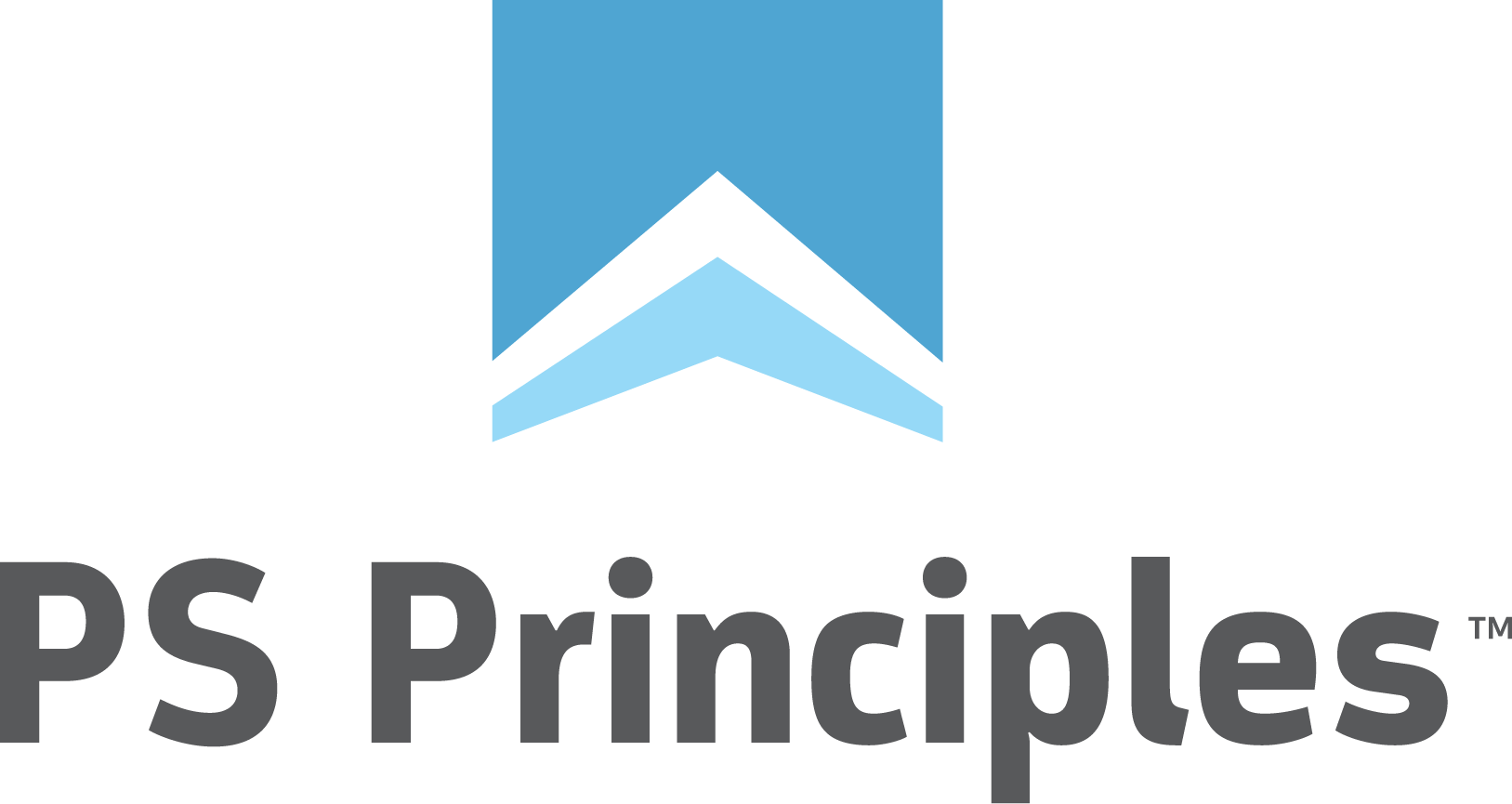Sales and Professional Services: Why do they clash so needlessly?


In this week's Rethinking Professional Services (watch replay or register) we looked at how we can optimize professional services teams within software companies. This was such a broad topic that I won't try and summarize all of it, but instead focus on one key aspect. How do we define the role of professional services within software companies such that sales and professional services can thrive?
SALES V SERVICES: "WHAT WE HAVE HERE, IS A FAILURE TO COMMUNICATE!"
Almost every new professional services team I train starts out by telling me, "It doesn't matter what you teach us, Sales will override us!" While this statement may be true in the sense that it describes how they feel, it is also not true because we, as professional services, have allowed it to happen. And then again, in some instances, it is true, because of an overwhelming bias within the company to support one team's culture over another.
TEAM CULTURE BIAS
Every group within a software company has its own prevailing and industry specific culture.
Sales loves the thrill of the hunt. Give me enough "at bats" and I'll hit a home run. Professional Services loves the thrill of adventure. Let's conquer this challenge together and live to tell about it. Support loves the thrill of retaining order. Attack the abnormalities to restore peace and harmony. Product Development loves the thrill of the challenge. Let's push the boundaries and create something new. When a company demonstrates a clear preference for one culture over another it forces the remaining cultures to either resist or give in. Both reactions are detrimental to that departments effectiveness and ultimately impacts the software company's overall effectiveness.
WHY TEAM CULTURES CLASH
Sales and Services often clash within a software company because the basis for their cultures is very different. Selling is hard. Winning out in an environment where the truth is flexible is incredibly challenging. Nobody wants to lie to win a deal, but winning against fabricated weaknesses is a common challenge our sales teams face. Sales culture is built around the need to win in a daunting and cut-throat environment. No zeroes makes heroes. "Third prize is...you're fired!"
Professional Services, however, is not "Glengarry Glen Ross." It's more like "Into Thin Air."
A project is a dangerous mountain. We climb it because it's there and because it pushes us to the limit and the price for falling can be high. Success relies on expertise honed so finely that we can successfully lead complete novices through it safely. In comparison these cultures clash because of overwhelmingly different priorities. However, both are critically important in the successful completion of the newly acquired customer's journey.
WE DON'T MAKE IT EASY
When we close a new sales deal we have gained half or maybe three quarters of a customer. The customer has agreed to use our software but is not using it. To celebrate, we ring the bell. When we complete the customer journey and finally launch them into production we...we...(sigh), I'm not sure what we do.
Don't read this as a gripe. Those that have worked with me know how much I love selling and I'm the first to thrust the sales teams into the spotlight when they win deals. However, I do believe in being aware that such behavior, if not balanced, can cause friction or negatively impact the performance of other teams who do not get recognized for conquering equally daunting challenges. There's a time to sell and there's a time to deliver. There's a time to invent and there's a time to maintain. Each group requires a different mindset and approach to be successful.
In response, professional services teams are very bad at illustrating that we can effectively lead the customer to an outcome. Instead, we throw our hands up and say, "It's outside of my control!"
Wake up! It's within our control.
Sales doesn't want to be managing projects any more than we want to be on the hook for closing deals.
Most time, sales is only involved because professional services failed to take the ownership of the project on handover. As a result, the customer starts escalating directly to the sales channel instead of up the professional services channel.
R-E-S-P-E-C-T AND OWNING YOUR 100%
The key to unity and focus for the betterment of the software company is, "Respect."
Unfortunately, what I see from a lot of CEO's and executives is a an immediate alignment with sales and the customer to the detriment of another team's culture. They immediately decide that the customer is always right because they've been trained to avoid the conflict. In terms of what customers actually want from a professional services team, this couldn't be further from the truth. Customers know it's a a dangerous journey yet it doesn't stop them asking to take very dangerous paths to the summit because they look easier or more direct. When we fail to challenge these requests we become complicit to accepting a route that we know is unlikely to succeed. Read almost any failed project's post-implementation review and the customer will mention a lack of leadership from the professional services team. To do this correctly, we must challenge the customer. This means conflict is necessary in order to achieve success.
If we want a team to fulfill its role effectively, we need to accept the natural negatives that go along with it. The sales process is fundamentally flawed to the point that it's almost impossible to close a deal that aligns 100% with the product's capabilities. We accepted this long ago. Likewise, we must also accept, that no professional services project, that begins with that flawed product expectation, will ever finish successfully without some kind of customer confrontation. No product will ever be released without a bug. No support team will ever meet 100% of its SLA's. What each of these teams need is support for their difficult challenges, not immediate overrides based on another team's culture that doesn't existing within the same environmental constraints.
In addition however, each team must own its 100%. For professional services, that means taking the ownership of the project from the minute the deal closes. Walking into the customer and saying, in effect, "Sit down and listen to how I'm going o get you to the top of this mountain alive!" When we do this, we also create an environment where we can lead by influence. Without getting into the detail, this kind of leadership relies on a the premise that if I do my job really well, others will do their job really well. This kind of leadership is a positive for any multi-departmental organization.
SO WHAT?
For professional services, we must accept that success requires a lot more customer confrontation than many sales organizations have a stomach for. We need to support the fact that once we close the deal, there is a strong chance that confrontation will be required to ensure the journey stays on the right path.
Some customers are prepared and ready to go and others simply don't understand how they got there. The range is broad, and thus, so is the force required to convince others to follow our lead. Empower the professional services team to use this force in a controlled manner and they'll get those half-customers live.
The only clear mandate for professional services in a software company is to get the customer live with the version of the product we have available today. That's it.
While there are a myriad of other things we can add to this mandate, each one is just a distraction from the simplified mission. If we get a customer live and they are unhappy, we buy ourselves time to make them happy. If we wait around for product development to change the product then that fix, patch or new feature may never come. If a project stalls, it may never restart. So let's stop giving ourselves reasons to stop the customer from going live and focus on the goal of leading every one of them to the summit, even if it means dragging them there!
Nothing else is more important to a software company than a professional services team that's ready to help the customer complete its journey. We should be grateful that Sales has given gave us the opportunity, even if it is already misaligned because it's far better than having lost the deal and having no journey to lead.
